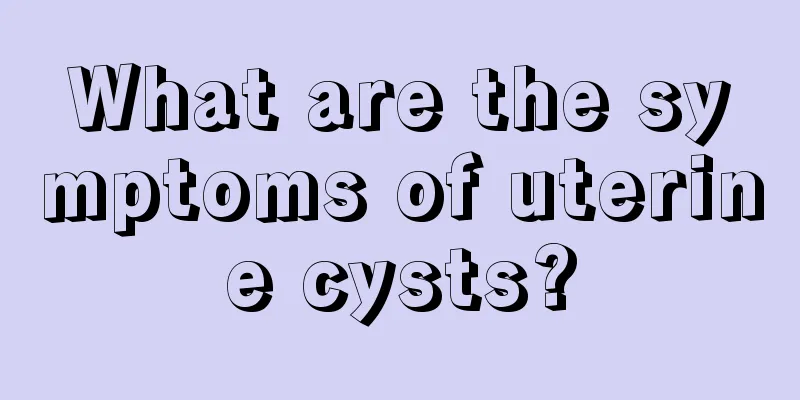Complicated fungal vaginitis

|
Vaginitis candida is a relatively common gynecological disease. Many women are troubled by this disease in daily life. After suffering from vaginitis candida, patients will experience symptoms such as decreased immunity, unbearable itching of the vulva, and pathological leucorrhea. In daily life, women should pay more attention to personal hygiene, eat a reasonable diet, and do proper exercise, which are all helpful in preventing candidal vaginitis.
Candidal vaginitis is caused by fungal infection. Its incidence rate is higher than that of Trichomonas vaginitis. In medicine, fungal infection is called Candida infection, so fungal vaginitis is also called Candidal vaginitis. It is more common in young girls, pregnant women, and diabetic patients. In addition to medication, it is necessary to improve resistance, maintain a regular work and rest schedule, proper nutrition, and regular check-ups. The treatment of candidal vaginitis is divided into local treatment and drug treatment.
The typical symptom of candidal vaginitis is vulvar itching, and the itching symptoms vary from mild to severe, and come and go. When the itching is severe, the patient will be restless and unable to sleep or eat. When the inflammation is severe, urination pain and sexual intercourse pain may also occur. Increased vaginal discharge is another major symptom of this disease. The vaginal discharge is usually thick and appears to be dregs or curd-like. Causes Candida is a fungus, and the one that usually causes vaginitis is Candida albicans. Candida is not resistant to heat and will die after being heated to 60°C for 1 hour. However, it is more resistant to dryness, sunlight, ultraviolet rays and chemicals.
For simple vulvovaginal candidiasis, local medication is the main choice. Generally, the symptoms will be alleviated or disappear within 2-3 days after medication. Clotrimazole vaginal suppository, use every 3 days, 2 times in total. Regarding the treatment of complicated vulvovaginal candidiasis, the selected drugs are basically the same as those for simple vulvovaginal candidiasis. Whether local or systemic medications are used, the treatment time should be appropriately extended. The principles of treatment for vulvovaginal candidiasis during pregnancy are: the primary issue that must be considered during treatment is whether the drug is harmful to the fetus; treatment is mainly local medication, and systemic medication is not used; it is limited to pregnant women with symptoms and signs. |
<<: What to do if there are white spots on the vulva
>>: How to use air cushion powder
Recommend
How to judge whether the cooked hawthorn cake is ready?
Hawthorn cake tastes sweet and sour, and it is so...
Colonoscopy is not as scary as you think! One colonoscopy may keep you worry-free for 5 or 10 years
Recently, a post on social media has attracted wi...
Do you need to heat up apples during the confinement period?
For some cold fruits, if you heat them, it will r...
"Car accident during singing" is trending on the Internet! Is singing out of tune a disease? It turns out that it is really...
Recently, many music variety shows have become po...
Is it normal to have menstruation every month?
Female friends all know that women's menstrua...
Is acupuncture good for breast augmentation? The right choice is the most important
First of all, let's make it clear that acupun...
Pain below the chest
As we all know, disease prevention is something t...
What kind of breakfast is good for a new mother?
Breakfast is the most important meal of the day b...
Diarrhea in eight months of pregnancy
During pregnancy, pregnant women may experience d...
Why do women have polycystic ovary syndrome?
Many people are probably unfamiliar with polycyst...
Why does my waist hurt after sex?
Married women will say that the harmony of sex li...
Does lying flat on the back of a pregnant woman for more than seven months have a big impact on the fetus?
Some people are accustomed to sleeping lying down...
How to supplement calcium for 40-year-old women
After a woman reaches the age of 40, her body fun...
Don't be fooled by beauty salons! Your face doesn't need deep cleansing!
The skin is the largest organ of the human body, ...









